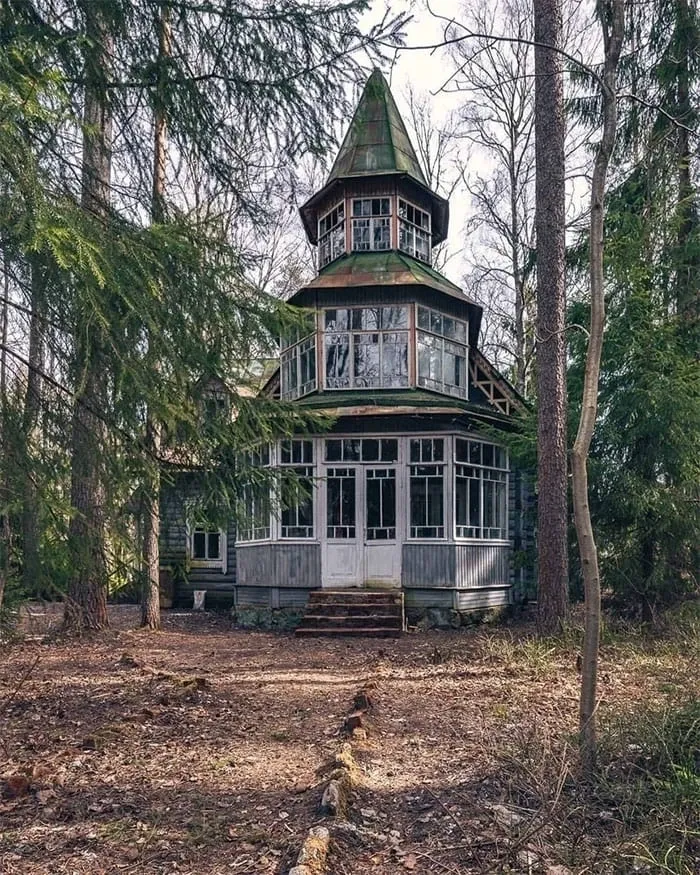In 1919, Vladimir Lenin issued a notable directive to Evgeny Chirikov, urging him to depart Russia: “Evgeny Nikolaevich, it’s time for you to leave. While I admire your talent, your presence is becoming troublesome to me. If you choose not to comply, I’ll have no option but to take measures against you.” Consequently, Chirikov was expelled from Russia in 1920.

Born into a modest noble family on July 24 (August 5), 1864, Chirikov experienced a childhood marked by frequent moves due to his father’s official duties in the Kazan and Simbirsk provinces. Initially studying law at Kazan University, he later switched to mathematics. In 1887, both Chirikov and Lenin faced expulsion and exile to Nizhny Novgorod for their involvement in riots. During this period, Chirikov lived in Kholodny Lane and gained renown as a prominent figure of the late 19th and early 20th centuries, drawing comparisons to literary giants like Chekhov and Gorky.
The house in Komarovo, a significant setting in the narrative, became the property of Valentina Chirikova (nee Iolshina), the writer’s wife, in 1907.

Around 1916, the Chirikov family sold their property to Anna Nikolaevna Petrovskaya, wife of Court Counselor Leonid Konstantinovich Petrovsky, a local summer resident who held a position in the St. Petersburg detective police. Despite suggestions from current neighbors that the house received monument status, it remains unoccupied but in suitable condition.

Chirikov’s expulsion from Russia in 1920 marked a significant turning point. Abroad, he continued to write and gained renown as one of the most celebrated authors of the Russian emigration.
The future of these pre-revolutionary houses, including Chirikov’s former residence, remains uncertain. Without government support for restoration efforts, the hope lies in the current owners’ ability to gather the strength and resources needed to preserve these historic homes in their true form.


